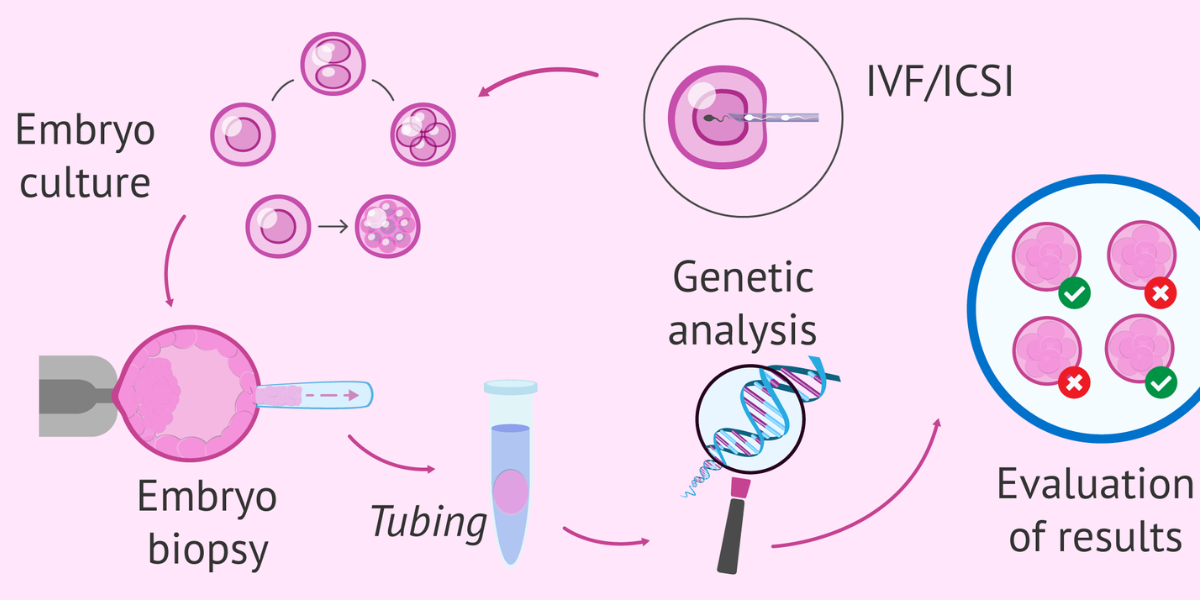Preimplantation Genetic Testing (PGT)

What is Preimplantation Genetic Testing (PGT)?
Preimplantation Genetic Testing (PGT) refers to a set of diagnostic procedures performed on embryos before implantation. Its primary aim is to identify genetic defects within embryos created through IVF before pregnancy is established. Ensure healthy embryo selection with PGT by Dr. Chaitali Adkar at Dr. Adkar’s Fertility Centre, Ravet, Pune. Advanced testing for improved IVF outcomes and reduced genetic risks.
Types of PGT
PGT-A
Tests for chromosomal abnormalities, ensuring correct number of chromosomes
PGT-M
Identifies specific genetic disorders caused by mutations in single genes
PGT-SR
Detects structural rearrangements in chromosomes
Why is PGT Used in IVF?
Improving Pregnancy Success Rates
By selecting embryos free of genetic abnormalities, the chances of implantation and successful pregnancy are significantly higher.
Reducing the Risk of Genetic Disorders
Couples with a known high risk of passing on genetic disorders can benefit from PGT-M to identify unaffected embryos.
Preventing Miscarriages
PGT-A screens embryos to ensure correct chromosome numbers, reducing miscarriage risk.
Advantages of Preimplantation Genetic Testing
Enhanced IVF Success Rates
Improved pregnancy rates through careful embryo selection
Reduction in Genetic Disorders
Minimized risk of inherited genetic conditions
Lower Miscarriage Rates
Reduced risk of pregnancy loss due to genetic issues
Informed Family Planning
Better decision-making for future family planning

